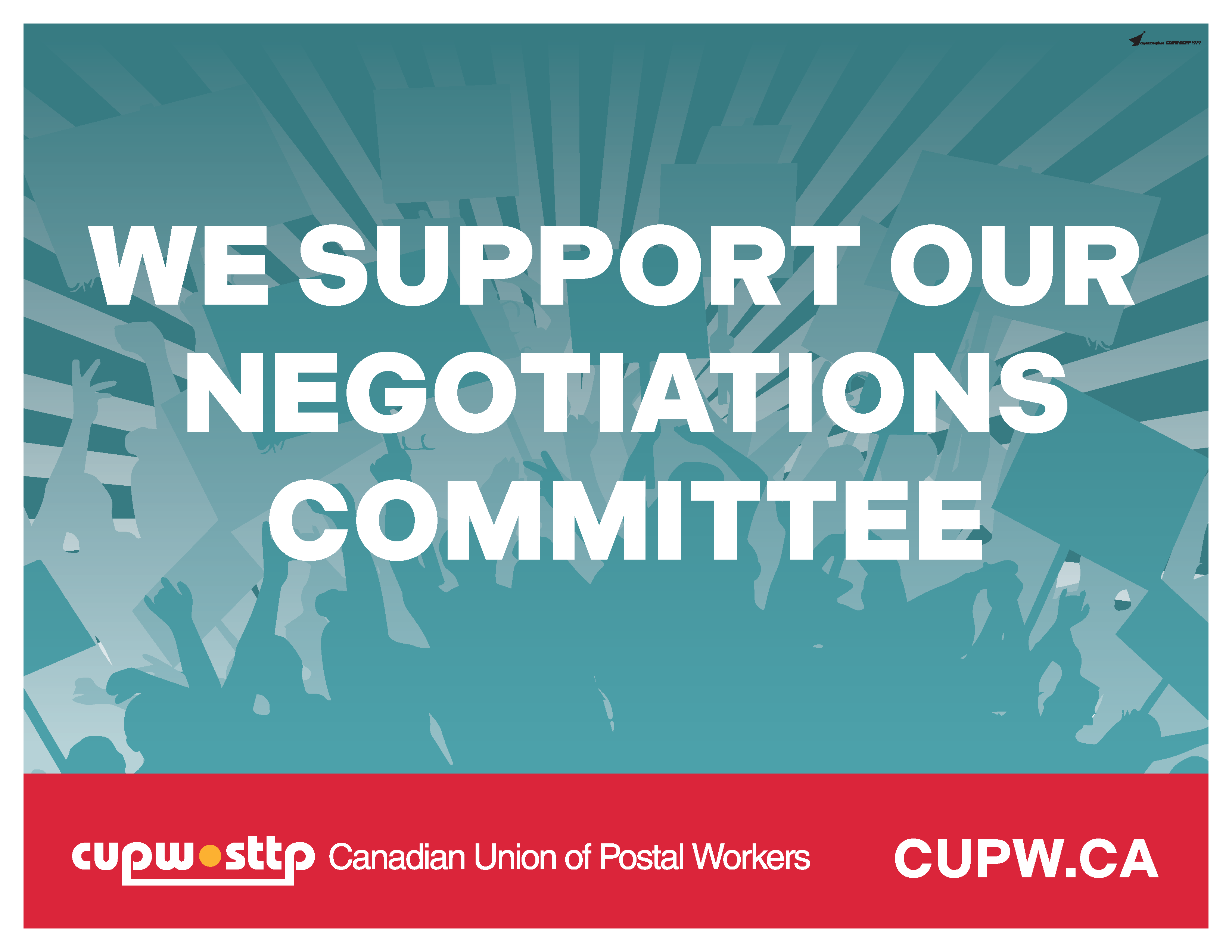
Monday November 30 2020
OTTAWA – The Canadian Union of Postal Workers (CUPW) and app-based delivery workers have grave concerns about Ontario’s Supporting Local Restaurants Act, which aims to limit fees charged by third-party food delivery operations, like Uber Eats and DoorDash. While the Act may help small businesses, it provides little protection to couriers making the deliveries, whose wages may be threatened as companies look for ways to make up the lost revenue from the capped fees.
“The couriers we work with are already shortchanged by their app-based employers,” says Jan Simpson, CUPW National President. “We’re worried that the employers will pass the cost onto the workers, who have little to no transparency about their pay rates as it is.”
The Bill, intended to ease the burden on small business where indoor dining is impossible due to pandemic restrictions, was introduced at Queen’s Park on Thursday November 26. Delivery apps charge restaurants, already hurting for business, up to thirty percent for delivery service. The Premier has asked the apps in the past to reduce their fees, and not having seen results, is moving ahead with legislation.
The legislation, in writing, prohibits delivery companies from passing the financial impact of the cap onto their workers, but little is said about how the province plans to enforce this. The Bill provides a complaints-based mechanism to the Ministry of Small Business and Red Tape Reduction for workers who think their employer is cutting their compensation, but it doesn’t offer real labour protections. A complaints process is of little use to couriers who are already intimidated or have reason to fear losing their income through cut hours or simply being deleted from the app. Instead of addressing the underlying imbalance of gig workers being misclassified as ‘independent contractors’, the onus of asserting what should be basic labour rights is once again put on couriers’ shoulders.
It’s been clear with recent examples, that the apps are free to change their pay structure unilaterally, and without transparency.
“Workers often have no idea how their pay is calculated and rates can vary wildly from hour to hour, says Brice Sopher, a courier in Toronto. “Expecting gig workers to conclusively prove they’ve had their pay cut through some nebulous complaints process essentially allows companies like Doordash, SkipTheDishes and Uber Eats to slash pay for couriers with very little risk of any repercussions.”
“The apps’ business model has always exploited both small businesses and couriers,” says Simpson. “This Bill is not enough to make them change their ways. How are workers to know, let alone prove to the government, that they’re paying for the fee cap to protect silicon-valley profits? The burden falls on the wrong people. We demand protection for these workers.”
